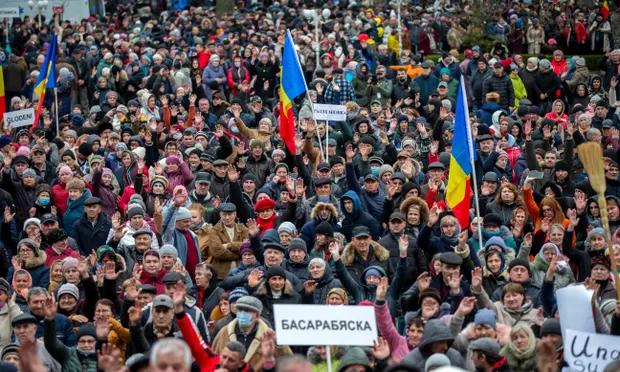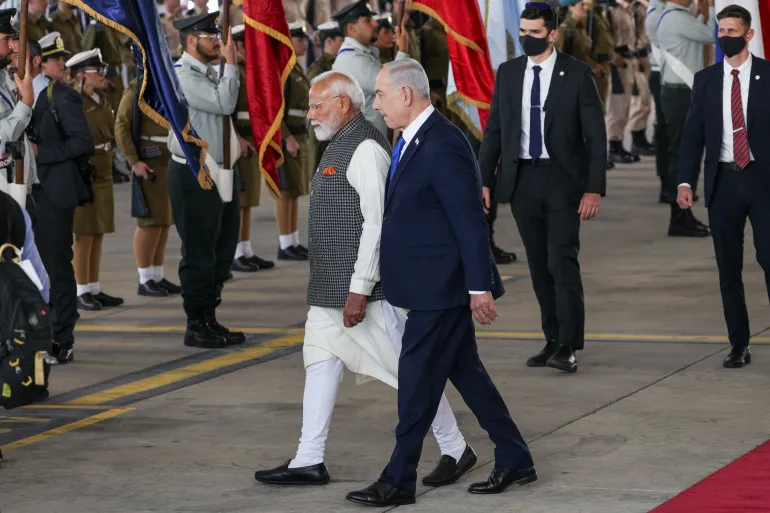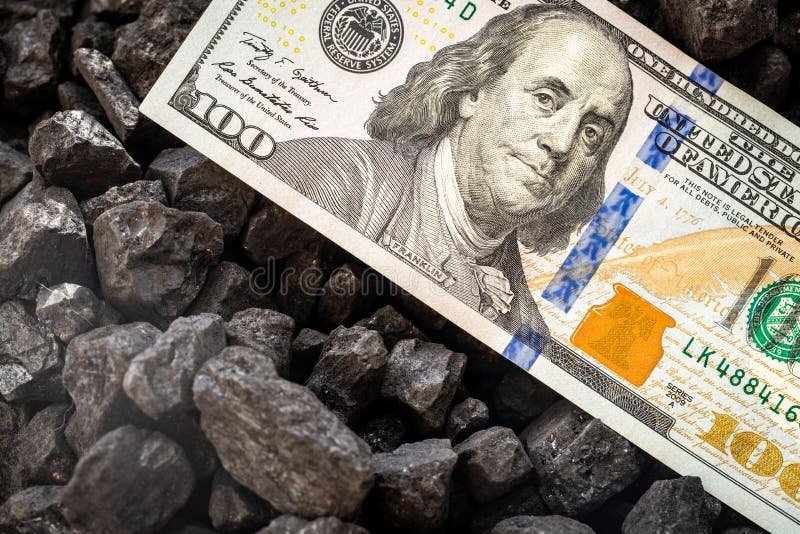EDITORIAL
As the anniversary of Vladimir Putin’s unlawful incursion into Ukraine draws closer, US President Joe Biden’s surprise visit to Kyiv was a powerful testimony to US solidarity. Pledging further military support and a new round of sanctions on Russia, the visit was significant not only for its substance but also for its timing and symbolism. Indirectly, it also provided some reassurance for Moldova, a strategically crucial neighbour of Ukraine, just a few hundred miles to the south.
As ominous signals point to an escalation in a hybrid campaign against Moldova, there are suggestions that plans for a Kremlin-backed coup are in place. Moldova is in urgent need of western assistance, having been relentlessly destabilised through crises largely engineered in Moscow. Earlier this month, its pro-European government resigned, and a new prime minister has been swiftly appointed. At the Munich security conference, US Secretary of State Antony Blinken met with Moldovan President Maia Sandu and became the most senior western official to voice concern over a potential plot to install a Moscow-friendly regime.
Since the illegal annexation of Crimea and the invasion of Ukraine, the former Soviet republic of Moldova, with a population of 2.5 million, has been plunged into economic crisis as Russia has restricted energy supplies. Inflation has soared to 30%, and fuel bills have risen to almost the equivalent of a minimum monthly pension. Last Sunday, a pro-Russian fugitive oligarch, now living in Israel, allegedly financed and organised the latest in a series of street protests. Along with protesters bussed in from outside the capital, the demonstrations have also been attended by paramilitary groups and former soldiers.
The situation in Moldova is extremely worrying, and western countries must act to prevent a repeat of what happened in Ukraine. Moldova is a strategic buffer state between Russia and NATO, and Moscow has been trying to bring it back into its sphere of influence. The Kremlin-backed coup in Ukraine was an attempt to destabilise the country and prevent it from aligning with the west. A similar scenario could play out in Moldova, and the west must take it seriously.
The US visit to Kyiv and its show of solidarity with Ukraine is a welcome development, but it must be followed by concrete action to help Moldova. The west must make it clear to Russia that any attempt to interfere in Moldova’s internal affairs will not be tolerated. Sanctions should be imposed on Russian individuals and entities that are involved in the destabilisation campaign. The US and its allies should also provide financial and economic assistance to Moldova to help it weather the crisis.
The situation in Moldova is also a reminder of the broader geopolitical struggle between the west and Russia. The Kremlin is using every tool at its disposal to undermine western democracies and expand its influence in Europe. It is vital that the west takes a united and firm stance against these efforts. This means not only providing support to countries like Ukraine and Moldova but also investing in the resilience of western democracies and strengthening alliances such as NATO.
The US visit to Kyiv sends a strong message to Moscow that the west will not tolerate its aggression and expansionism. It is now up to the US and its allies to follow through on that message and provide concrete support to Ukraine and Moldova. The stakes are high, and the west must act decisively to prevent another crisis in the region.
With the anniversary of Vladimir Putin’s illegal incursion into Ukraine on the horizon, Joe Biden’s visit to Kyiv on Monday was a powerful testimony to US solidarity. In a surprise trip, Biden pledged further military support and a new wave of sanctions on Russia, indicating the importance of the visit’s timing and symbolism. Additionally, this visit may have offered some reassurance to the Moldovan capital, Chișinău, located just a few hundred miles south of Ukraine, which has also been facing ominous signals of a hybrid campaign from Russia.
Moldova, a strategically crucial neighbor of Ukraine with a population of 2.5 million, has been destabilized through crises largely manufactured by Moscow. Earlier this month, the pro-European government resigned, and a new prime minister, Dorin Recean, has been swiftly appointed. The US secretary of state, Antony Blinken, voiced his concern about a potential plot to install a Moscow-friendly regime at the Munich Security Conference, where he met the Moldovan president, Maia Sandu, becoming the most senior western official to do so.
Since the invasion of Ukraine, Moldova has been plunged into an economic crisis. Russia has restricted energy supplies, leading to an inflation rate of 30%, and fuel bills have risen to almost the equivalent of a minimum monthly pension. A pro-Russian fugitive oligarch, now living in Israel, is believed to have financed and organized a series of street protests that have taken place in Moldova. These demonstrations have been attended by paramilitary groups and former soldiers bussed in from outside the capital.
Moldova’s acceptance as an EU candidate member last year was a step forward in the country’s pro-European trajectory. However, the Kremlin has continued to weaponize the economic crisis it helped generate, exacerbating Moldova’s struggles. As one of Europe’s poorest countries, the west should consider further stepping up levels of humanitarian aid to Moldova. Technical resources and expertise in combating disinformation and cyber-attacks should also be offered to support the country’s ongoing development. This aid will inevitably be interpreted by Moscow as evidence of the west’s proxy war against Russia, with Russia’s foreign minister, Sergei Lavrov, recently referring to Moldova as the west’s new “anti-Russian project.”
It is crucial not to ignore the social unrest on Ukraine’s southern flank, as this could lead to further destabilization of the region. To support Moldova and its pro-European trajectory, the west must continue to demonstrate its solidarity and commitment to the country’s development. This will require a nuanced approach that recognizes the complex political and economic challenges facing Moldova, while also countering Russia’s propaganda and interference. By doing so, the west can help Moldova become a strong, stable, and democratic country that can resist external pressures and pursue its own interests.
Read more:
















